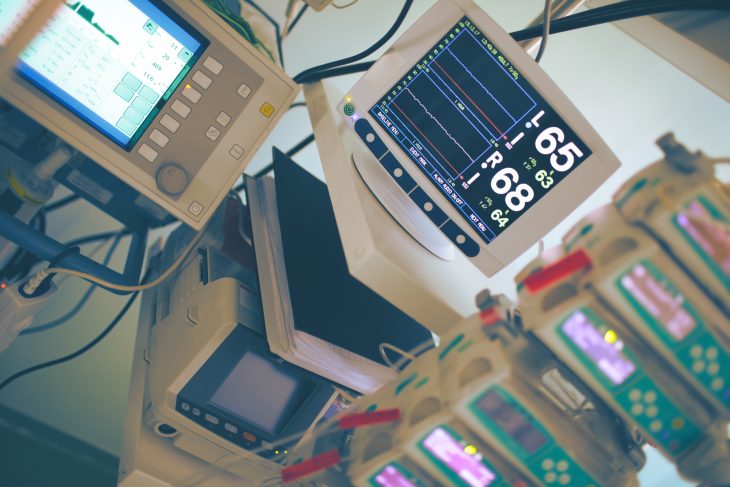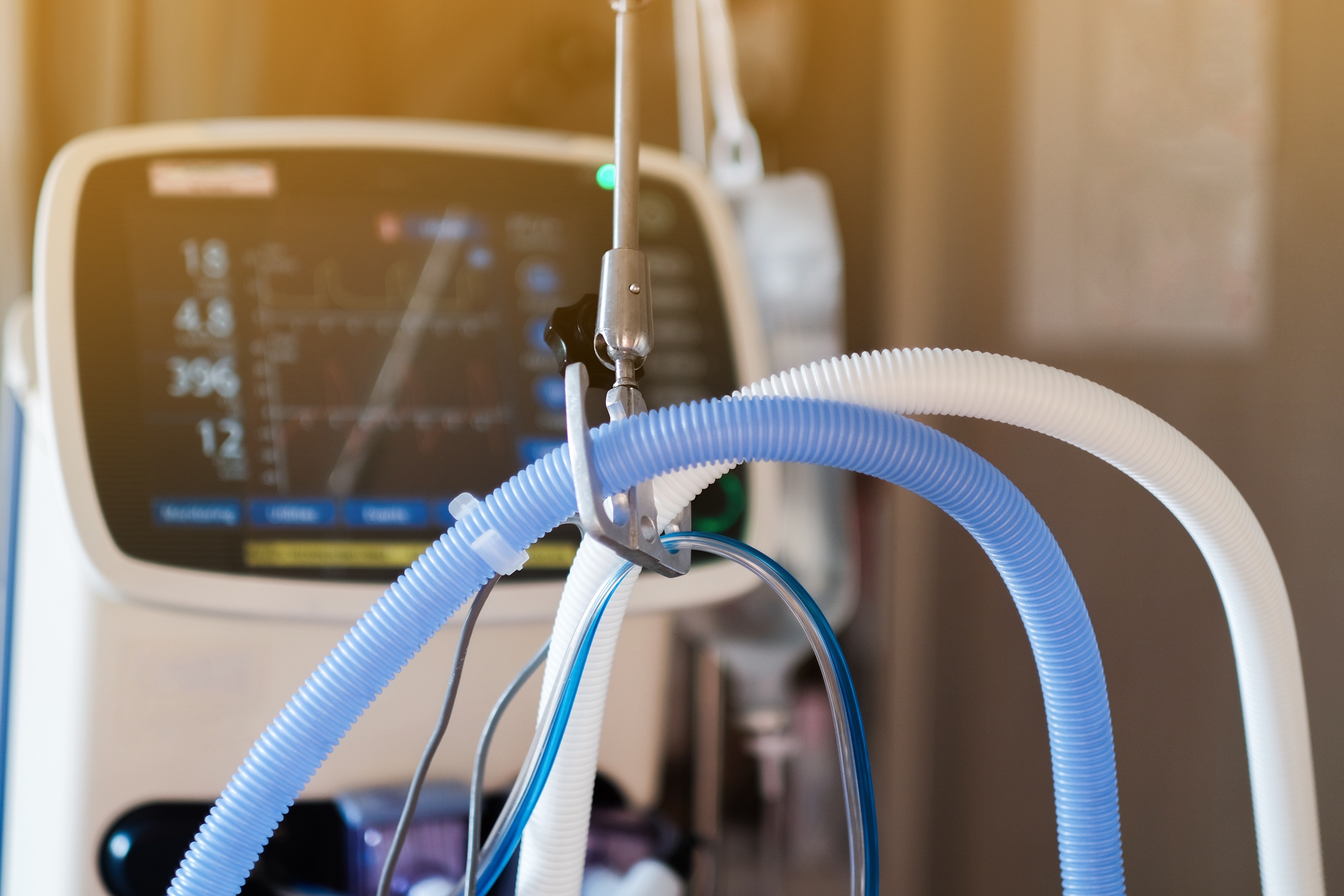
Whether it’s a loved one fighting for their lives in the ICU, or your desire to better understand the intriguing domain of critical care medicine, this article is your essential guide. We present to you 11 fast facts for critical care. Join us as we delve deep into the nuances of this specialized field and explore the salient aspects shaping critical care today.
Understanding Critical Care
Critical care is a medical specialty dedicated to providing specialized treatment and management for patients with life-threatening conditions. This discipline extends far beyond a single room in the hospital – it’s a comprehensive approach, encompassing various specialties, services, and healthcare professionals dedicated to patient survival and recovery.
The Critical Care Team: Multidisciplinary in Nature
In a critical care unit, you’ll find a multidisciplinary team working hand-in-hand. This team includes intensivists (critical care doctors), critical care nurses, respiratory therapists, pharmacists, dietitians, social workers, and often a host of other specialized professionals. This collaborative effort ensures every aspect of a patient’s care is attended to, from medical treatment to psychological support.
The Role of Intensivists: More Than Just Doctors
An intensivist is a board-certified physician who provides special care for critically ill patients. However, their role transcends the usual medical care. They coordinate with the multidisciplinary team, make crucial decisions, conduct research, teach, and advocate for patients and their families. In many ways, intensivists are the lifeline of the ICU.
ICU: A Broad Umbrella
The Intensive Care Unit, or ICU, isn’t a one-size-fits-all term. There are different types of ICUs, including Neonatal ICUs, Pediatric ICUs, Neurological ICUs, and Cardiac ICUs, each dedicated to managing specific health crises. Thus, ‘ICU’ signifies a range of specialized units, each equipped to cater to a particular category of critical ailments.
The Sobering Reality of ICU Admissions
While ICUs are equipped to handle the gravest of medical conditions, admission to the ICU is sobering. According to statistics, roughly 20% of hospital admissions require intensive care. This percentage underscores the importance of critical care medicine in our healthcare system.

Life-saving Technology in Critical Care
The backbone of modern critical care is sophisticated technology. Mechanical ventilators, dialysis machines, extracorporeal membrane oxygenation (ECMO) machines, and a host of advanced monitoring systems play a critical role in sustaining patients’ lives and aiding their recovery.
Evolving Treatment Protocols in Critical Care
Treatment protocols in critical care are continually evolving, shaped by the latest research findings. From implementing new sepsis guidelines to incorporating tele-ICU services, critical care medicine continually strives for the best possible patient outcomes.
Ethics in Critical Care
Critical care medicine often grapples with complex ethical dilemmas – such as deciding when to withdraw life-sustaining treatment. As such, it’s critical for healthcare professionals to abide by ethical principles, respect patient autonomy, and maintain open communication with patients and their families.
The Pivotal Role of Family in Critical Care
The role of family members in critical care is pivotal. From providing emotional support to participating in decision-making processes, the presence of loved ones can significantly affect patient outcomes. Hence, a successful critical care model also focuses on engaging families in the care process.
The Psychological Toll of Critical Care
Surviving a critical illness often comes with psychological consequences, known as post-intensive care syndrome (PICS). This syndrome can manifest as cognitive impairments, mental health issues, and physical dysfunction. Recognizing and addressing these issues is an integral part of comprehensive critical care.
The Future of Critical Care: More Personalized, More Holistic
As critical care medicine continues to advance, a more personalized and holistic approach is emerging. This approach takes into account not just the immediate physical needs, but also the long-term physical, mental, and emotional well-being of survivors.
Conclusion
In conclusion, critical care is a dynamic and complex medical specialty that requires constant evolution and a multidisciplinary approach. By understanding these fast facts, we can appreciate the vastness and depth of this field, respect the professionals who work tirelessly within it, and empathize with those whose lives have been touched by critical illness.
While critical care may be a realm of medicine that no one wishes to encounter personally, understanding it allows us to better appreciate the monumental strides we’ve made in healthcare, the challenges we still face, and the incredible human resilience that shines through even in the darkest of times.
This is the essence of critical care – the unyielding pursuit of life, the fight against death, and the constant evolution towards better, more holistic patient care. Always remember, the goal of critical care is not just to ensure survival but to enable lives worth living.
Was this page helpful?
Our commitment to delivering trustworthy and engaging content is at the heart of what we do. Each fact on our site is contributed by real users like you, bringing a wealth of diverse insights and information. To ensure the highest standards of accuracy and reliability, our dedicated editors meticulously review each submission. This process guarantees that the facts we share are not only fascinating but also credible. Trust in our commitment to quality and authenticity as you explore and learn with us.
